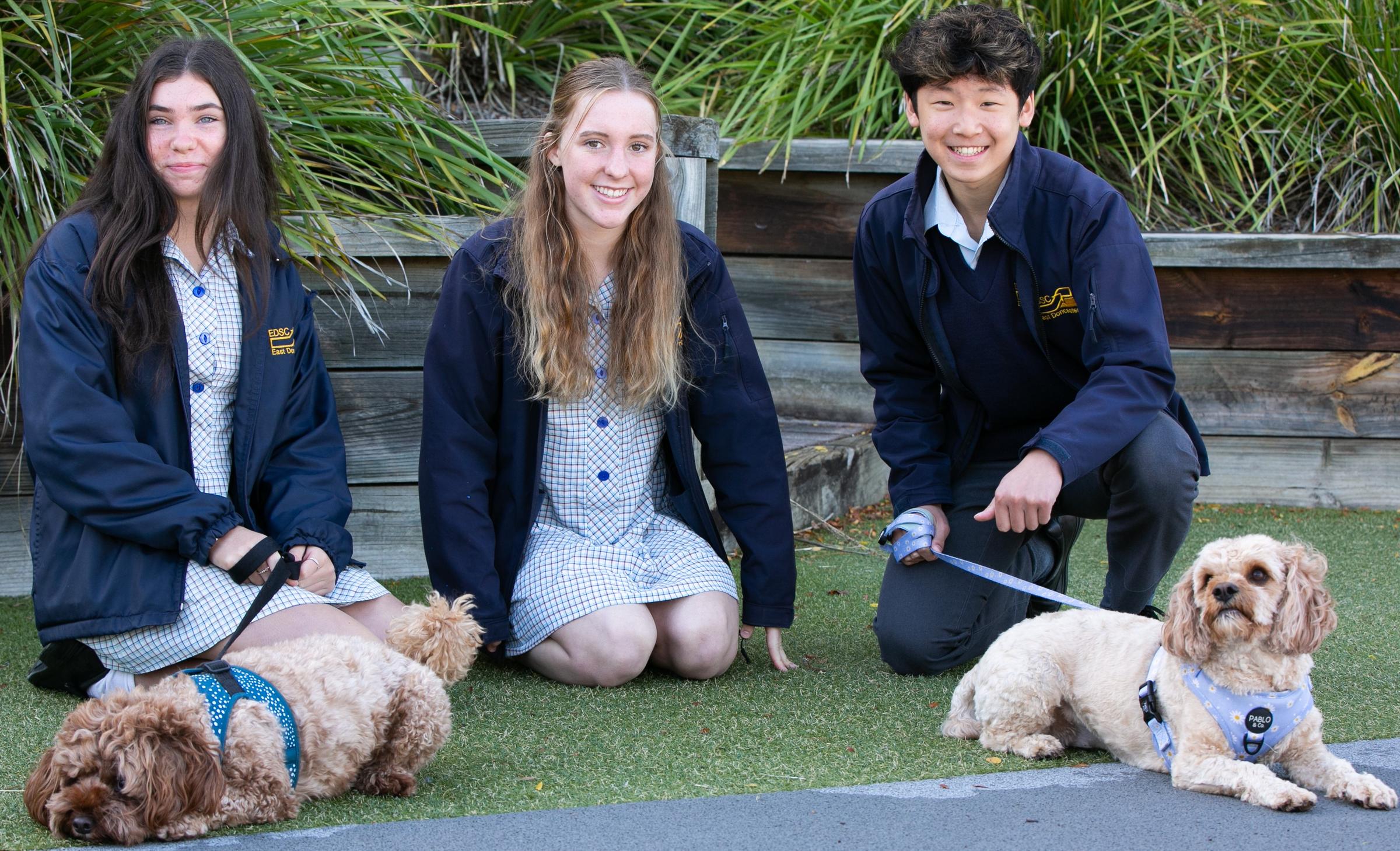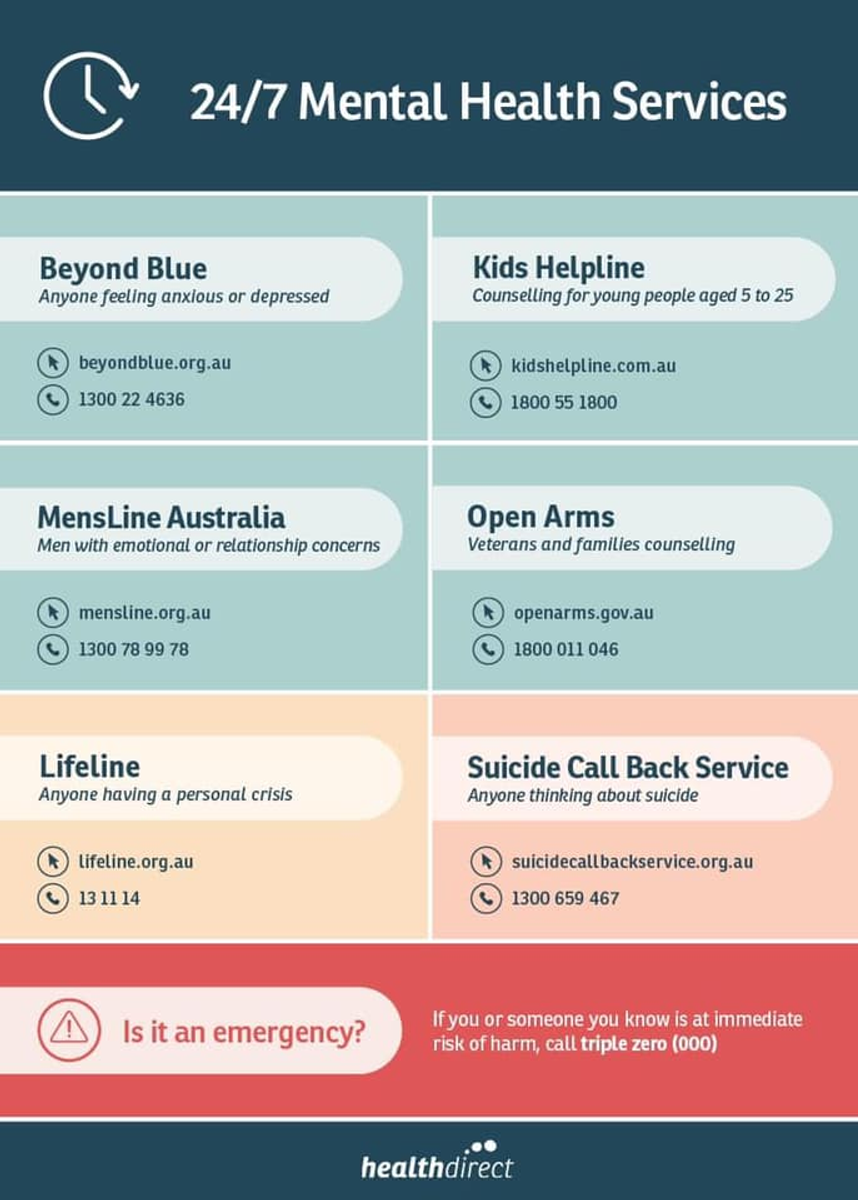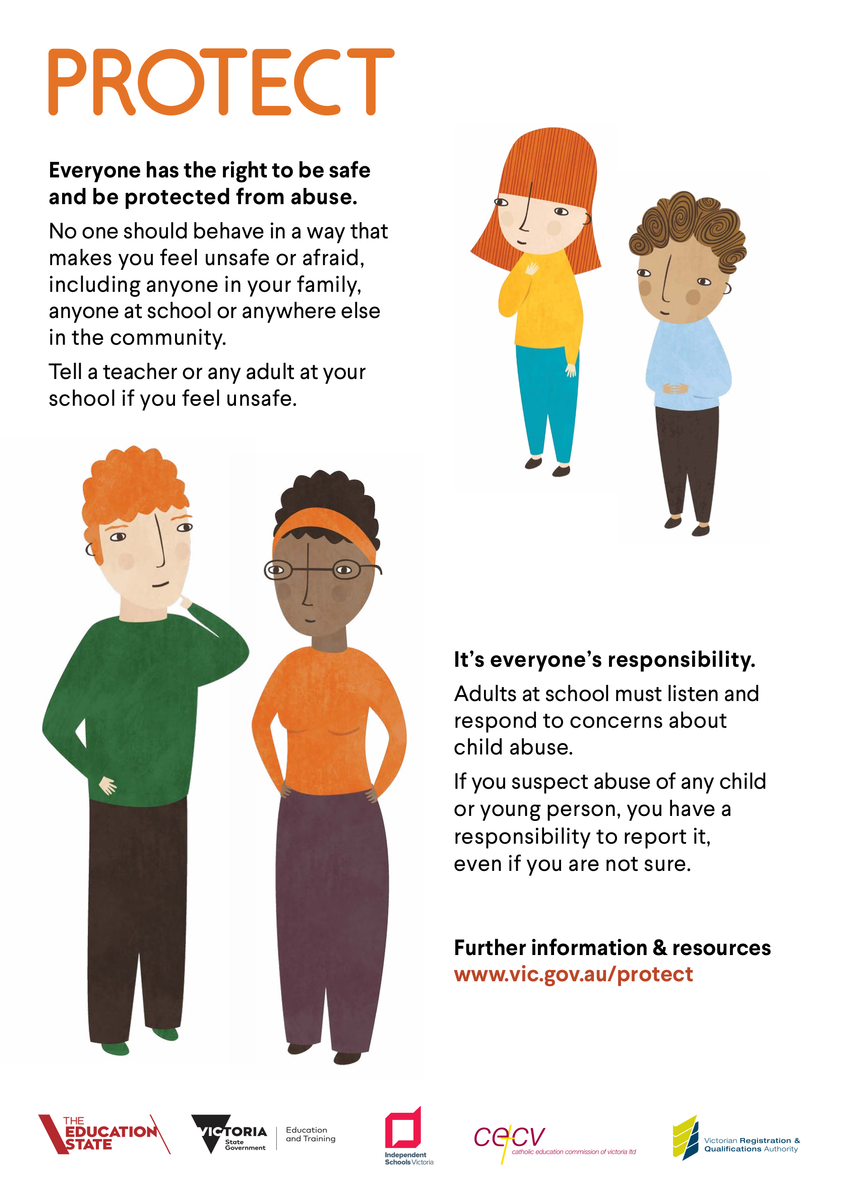
Student Wellbeing News
10 Healthy Habits for High School Students
**1. Rise and Shine with Breakfast Power**
Start your day with a nutritious breakfast. Fuel up with whole grains, lean proteins, and fruits to jumpstart your metabolism, improve concentration, and keep those energy levels up throughout the day.
**2. Stay Hydrated All Day Long**
Water is your best friend! Carry a reusable water bottle to stay hydrated, boost your skin's health, aid digestion, and help your body function at its best.
**3. Prioritise Active Breaks**
Sitting for long periods can lead to fatigue and decreased focus. Incorporate quick active breaks between study sessions to get your blood flowing and your mind rejuvenated.
**4. Move Your Body Regularly**
Find an activity you enjoy, whether it's dancing, jogging, playing a sport, or practicing yoga. Regular exercise boosts mood, reduces stress, and helps maintain a healthy weight.
**5. Snack Smartly**
Trade in those sugary snacks for nutrient-rich options like nuts, yogurt, veggies, and fruits. These snacks provide sustained energy and keep your brain sharp.
**6. Get Enough Sleep**
Aim for 8-9 hours of quality sleep each night. Good sleep enhances memory, supports growth, and keeps you alert and focused during classes.
**7. Practice Mindfulness and Stress Management**
High school can be stressful, but learning to manage stress is crucial. Try meditation, deep breathing, journaling, or hobbies you love to keep your mind calm and balanced.
**8. Maintain a Balanced Screen Time**
While screens are a big part of life today, remember to take breaks and limit excessive screen time. This can improve sleep, reduce eye strain, and encourage face-to-face interactions.
**9. Cultivate Healthy Relationships**
Surround yourself with positive and supportive friends who encourage your growth. Healthy relationships contribute to emotional well-being and boost your confidence.
**10. Explore New Foods**
Expand your palate by trying new foods and flavours. A varied diet ensures you're getting all the essential nutrients your growing body needs.
Maddie Sill
Mental Health Practitioner
Request for Uniform Donations
The Wellbeing Team provide second-hand uniforms for students in need. We are asking for uniform items, in good condition, be donated to the Wellbeing Team. Specifically, we are looking for dresses, shirts, pants, jackets and any sports uniform in larger sizes.
If you require uniforms for your child, please contact the Wellbeing Team for support.
Maddie Sill
Mental Health Practitioner
Cybersafety and Responsible Use of Digital Technologies
The following resources are made available to parents and carers to assist them with guiding their children with the use of digital technology in a safe and responsible way. Parents and carers are their child's first role model when it comes to online behaviour. Please find information to assist parents and carers when dealing with Cybersafety issues:
https://www.esafety.gov.au/parents
https://www.education.vic.gov.au/parents/services-for-parents/Pages/parentline.aspx
https://www.esafety.gov.au/about-us/counselling-support-services
The following fact sheet may assist in encouraging the safe and respectful use of social media and to provide tips to parents for being a positive role model: https://www.education.vic.gov.au/Documents/about/programs/bullystoppers/parentsocialmediaschoolcommunity.pdf
If parents/carers have any questions regarding Cybersafety or Digital Learnings in Schools and our Mobile Phone Policy, please contact Reception.
Cameron Campbell
Assistant Principal
Food & Financial Support
As we are all aware, the cost of living is increasing. We realise that this might be causing some distress to members of the EDSC community. If you are experiencing financial difficulties or food insecurity please look at the website www.askizzy.org.au. This website can help you locate services for food, money, clothing, health & housing in your area.
The College is able to provide a range of food to families within the community. Foodbank Victoria provide EDSC fresh fruit, cereals, milk, different types of ready meals, fruit cups and messy monkey snacks. If you and your family are experiencing food insecurity, please contact the school to arrange a food collection. For a confidential conversation, please call Maddie Sill on 9842-2244.
Please also note that if your child forgets their lunch they can come to the Wellbeing Hub to access the pantry.
Wellbeing Team
Wellbeing Staff
For more information about Wellbeing at the College, please visit the following link ..
Child Safety Standards
East Doncaster Secondary College is committed to the safety and wellbeing of all children and young people. This will be the primary focus of our care and decision making.
East Doncaster Secondary College has zero tolerance for child abuse.
East Doncaster Secondary College is committed to providing a child safe environment where children and young people are safe and feel safe, and their voices are heard about decisions that affect their lives. Particular attention will be paid to the cultural safety of Aboriginal children and children from culturally and/or linguistically diverse backgrounds, as well as the safety of children with a disability.
Every person involved in East Doncaster Secondary College has a responsibility to understand the important and specific role he/she plays individually and collectively to ensure that the wellbeing and safety of all children and young people is at the forefront of all they do and every decision they make.
In our planning, decision making and operations, all personnel at East Doncaster Secondary College will:
- Take a preventative, proactive and participatory approach to child safety;
- Value and empower children to participate in decisions which affect their lives;
- Foster a culture of openness that supports all persons to safely disclose risks of harm to children
- Respect diversity in cultures and child rearing practices while keeping child safety paramount;
- Provide written guidance on appropriate conduct and behaviour towards children;
- Engage only the most suitable people to work with children and have high quality staff and volunteer supervision and professional development;
- Ensure children know who to talk with if they are worried or are feeling unsafe, and that they are comfortable and encouraged to raise such issues;
- Report suspected abuse, neglect or mistreatment promptly to the appropriate authorities;
- Share information appropriately and lawfully with other organisations where the safety and wellbeing of children is at risk; and
- Value the input of and communicate regularly with families and carers.






